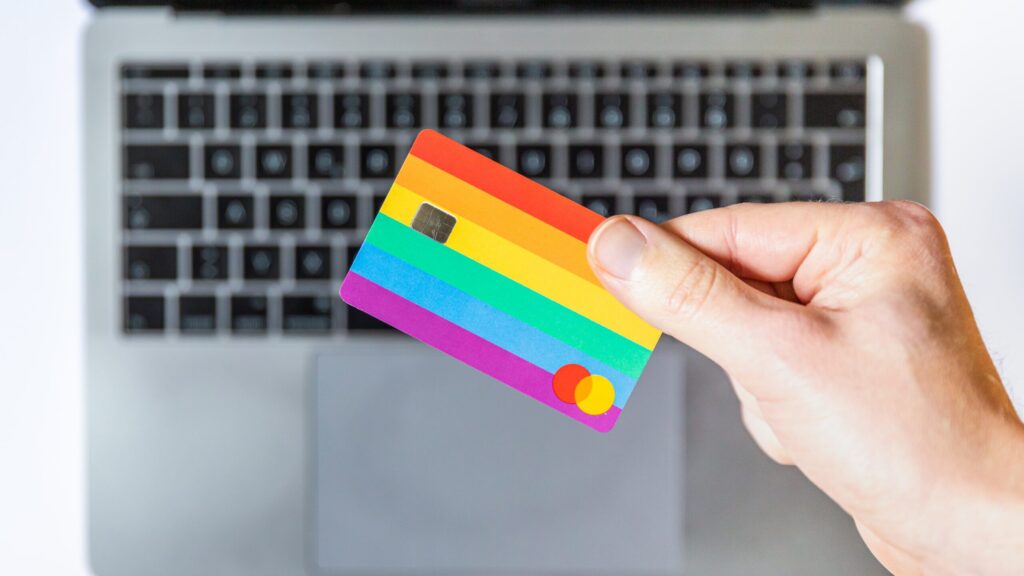The digital transformation in the financial industry has brought about new alternative scoring apps that are changing the way companies evaluate creditworthiness and thus lend.
Generally, credit bureaus are in charge of collecting credit histories and analyzing whether a person or institution is soluble enough to obtain a loan. Although nowadays this method is still the most frequently used, just a few years back, it was the only mechanism available to assess the creditworthiness of a legal or natural person.
Alternative Credit Scores
However, the advanced development of fintech mobile apps is changing the credit assessment process by building models based on new sources of data and artificial intelligence. These so-called alternative credit scores are increasing their popularity due to their multiple benefits, such as the possibility of making future predictions, their ability to prevent fraud, and the opportunity to open up new markets.
The development of state-of-the-art technology has allowed a better inclusion of credit invisibles. With this new information, alternative scoring models let lenders evaluate people according to much more complex behavioral parameters and not subject to having a bank account.
In contrast to traditional scoring systems, alternative scoring apps include fresh real-time data, allowing lenders to find better and more accurate insights. For example, algorithms could make predictions, in only minutes, about a customer’s ability and willingness to pay. It could also build the financial behavior profile of a client. This helps fintech companies reduce risk and is also an opportunity to reach new untapped markets safely.
In addition, alternative credit scoring apps improve the customer experience. Instead of waiting several days for a credit assessment that determines whether a person is trustworthy, automation speeds up the decision-making process, and applicants can have their results in real-time. Therefore, lenders can approve more consumers quickly.
How Alternative Scoring Works?
Instead of relying on a single source of information, such as a person’s credit history, alternative score apps are capable of gathering and analyzing digital footprints. A footprint is all the data that a person leaves behind when browsing the Internet. Credolab, is a fintech company specialized in alternative scoring and processes alternative data using artificial intelligence mechanisms that analyze and create non-linear models that predict one’s present and future behavior.
Using Footprint Data
Footprint data can be obtained through different sources, such as email profiles, IP, telephone lines, social networks, etc. For example, lenders can know if an email comes from a fraudulent domain, detect suspicious applications, and eliminate high-risk applicants in just minutes. Alternative score apps allow businesses to automatically approve very low-risk applicants and mechanize the debt recovery and collection process to reduce financial risk.
New scoring apps that combine alternative information and artificial intelligence make it possible to reduce risks at all stages of credit processing quickly. With connected data, lenders can assess risk and forge decisions to grow their business and prevent vulnerabilities. Alternative credit sheds new light on a scoring system that leaves many people behind.
About Michele Tucci
Michele is the MD of credolab‘s Americas and its Chief Strategy Officer. Prior to joining credolab in 2018 as Chief Product and Marketing Officer, Michele has worked on international consulting assignments, product management, and business development roles with the likes of Capital One, MasterCard, Intesa Sanpaolo Bank, and Telecom Italia Mobile.
